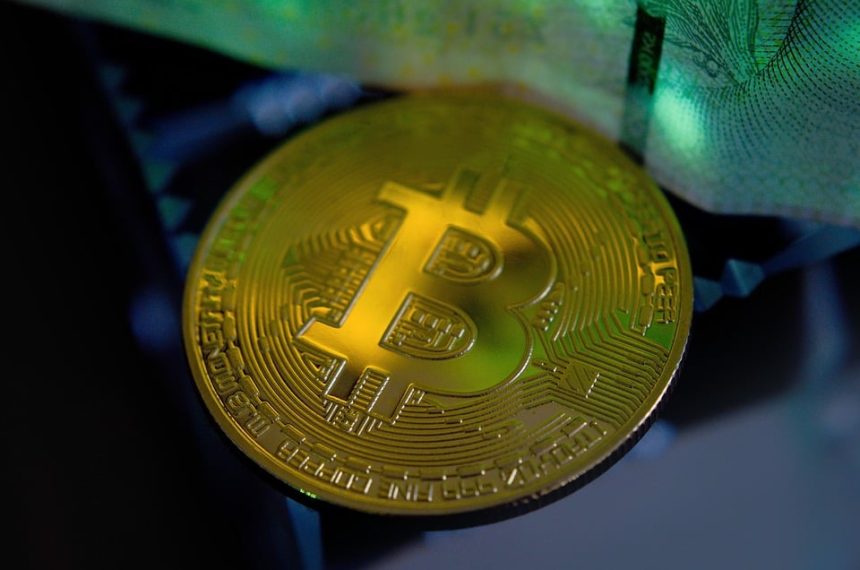As the cryptocurrency ecosystem continues to evolve, one of the most intriguing phenomena within this space is the concept of altcoin forks. For both newcomers and seasoned investors in the realm of digital currencies, understanding what altcoin forks are, how they work, and why they matter can provide valuable insights into the broader cryptocurrency landscape.
What is a Fork?
In the context of blockchain technology, a "fork" refers to a change in the protocol or software of a blockchain network. When this occurs, the blockchain diverges into two separate paths, creating a new version of the existing digital currency. Forks can generally be classified into two main types: soft forks and hard forks.
-
Soft Forks: These are backward-compatible changes to the protocol. This means that, even after the fork, users who have not upgraded their software can still interact with the upgraded network without losing the ability to conduct transactions.
- Hard Forks: These are not backward-compatible. Once a hard fork occurs, it creates two distinct and separate chains that do not share information. As a result, nodes that do not upgrade to the new version cannot participate in the upgraded network. This leads to the creation of a new cryptocurrency based on the updated protocol.
Types of Altcoins and Their Forks
Altcoins, which refer to any cryptocurrency other than Bitcoin, often find themselves at the heart of numerous forks. Two significant examples of altcoins that have experienced notable forks are Ethereum (ETH) and Bitcoin Cash (BCH).
-
Bitcoin Forks: Bitcoin has undergone several significant forks, with Bitcoin Cash and Bitcoin SV (Satoshi Vision) being the most well-known. These forks arose from contentious debates within the Bitcoin community, primarily surrounding scalability issues and transaction speeds.
- Ethereum Forks: Ethereum had a notable hard fork known as Ethereum Classic (ETC) after the DAO hack in 2016. While Ethereum (ETH) adopted a solution that reversed the hacking incident, Ethereum Classic chose to maintain the integrity of the original blockchain, leading to the continued existence of both coins.
Why Forks Matter
Forks are significant for several reasons, both for the individual cryptocurrencies involved and the broader cryptocurrency market.
1. Innovation and Development
Forks often arise from disagreements or a desire to improve a blockchain’s functionality. Developers may introduce new features, improve security, or enhance scalability through a fork. This ability to innovate is vital for the overall health and evolution of the cryptocurrency space.
2. Market Dynamics
Each fork creates a new asset, leading to increased market complexity. For investors, this can present both opportunities and risks. When a popular coin forks, holders of the original coin may receive an equal amount of the new coin, effectively doubling their investment. However, this also leads to increased volatility and speculative trading around the new asset as it seeks to establish its value.
3. Community and Governance Disputes
Forks often reflect broader community disagreements regarding a cryptocurrency’s direction, governance, or principles. They can highlight the differing philosophies that exist within the cryptocurrency space, as factions may break away to pursue divergent goals. Understanding these community dynamics can provide deeper insights into the future of specific altcoins.
4. Regulatory Implications
As forks often lead to the creation of new cryptocurrencies, they can raise questions regarding regulatory treatment. Different jurisdictions may consider new forks as separate entities, leading to diverse regulatory implications. This can impact how investors approach taxation and compliance in various markets.
5. Technical Learning Opportunities
For developers and technical enthusiasts, forks provide opportunities for hands-on learning about blockchain technology. Engaging with the coding and community discussions that accompany a fork can enhance one’s understanding of decentralized systems and contribute to one’s professional growth in the tech space.
Conclusion
Altcoin forks are a critical and fascinating aspect of the cryptocurrency world. They represent opportunities for innovation and development but also carry risks and challenges, particularly in terms of market volatility and community division. For anyone interested in the cryptocurrency landscape, understanding forks is essential, not only as a means to navigate investments but also to grasp the underlying principles of decentralization and technology that propel this dynamic industry forward.
As the cryptocurrency space continues to evolve, forks will likely remain a cornerstone of the ecosystem, prompting continual dialogue, development, and discovery. For investors, turning a keen eye toward these events can yield valuable insights and opportunities in the ever-changing world of digital assets.





